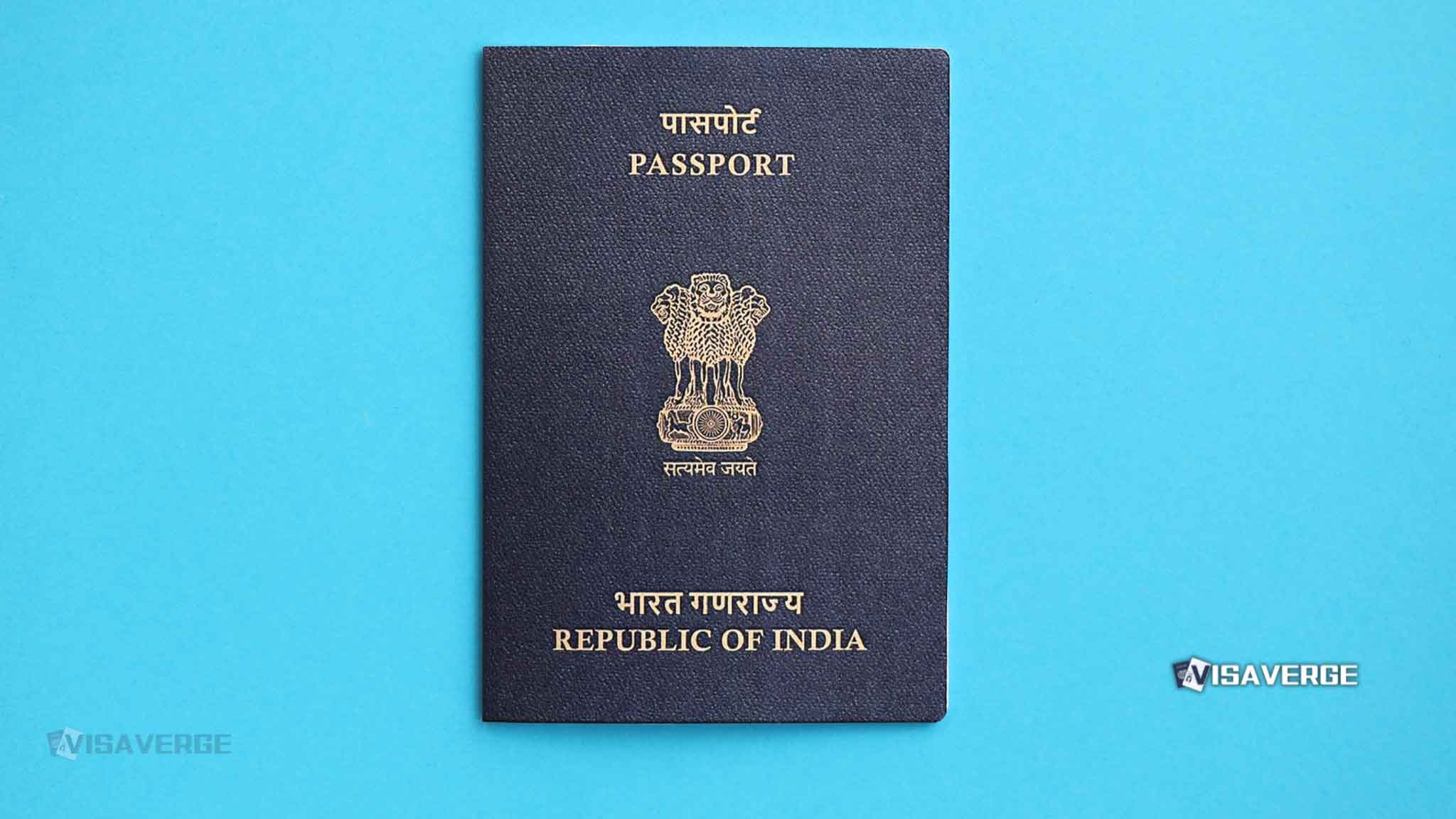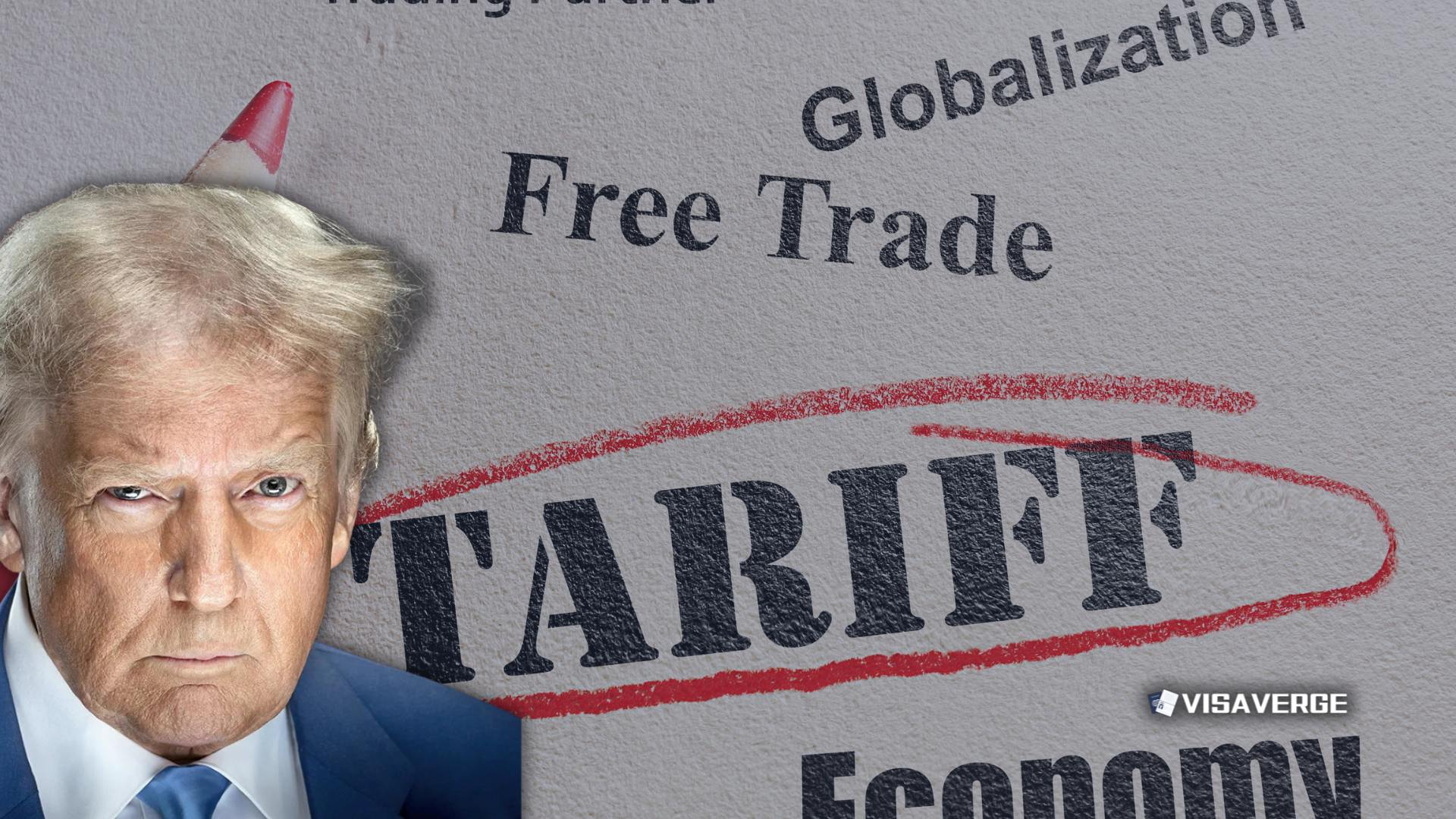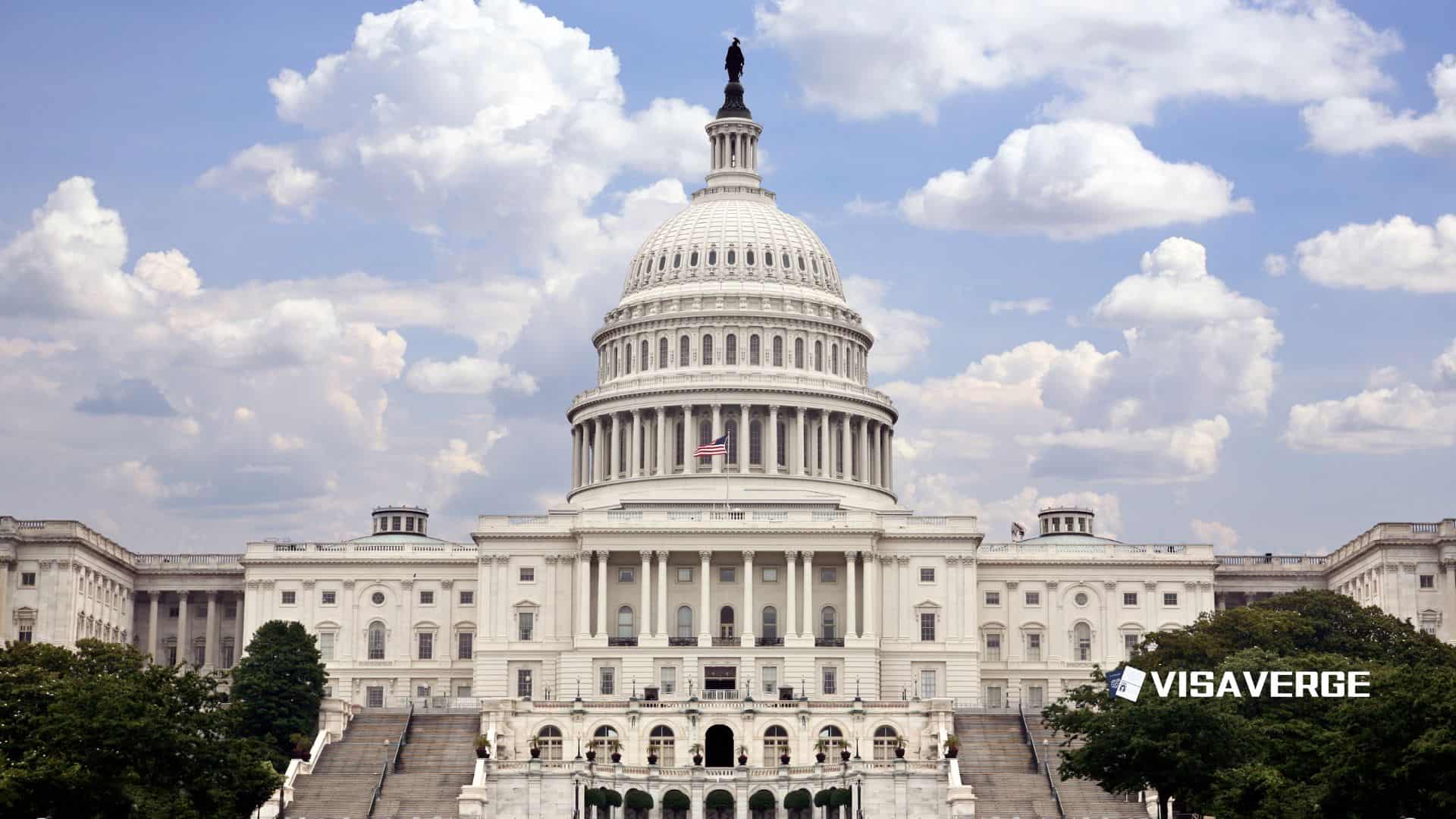(UNITED KINGDOM) Expat Australians planning to live and work in Britain are facing a sharp visa shake up in 2025, as the UK government rolls out some of the toughest changes to work migration in years. The reforms raise salary and skill thresholds and introduce tighter language rules that will hit mid‑career professionals hardest.
While a small group of high‑earning Australians and entrepreneurs may find new doors opening, many others who once saw London as an easy next step now face higher barriers, extra costs, and a more complex route to long‑term stay.

Main change: Skilled Worker visa reset
The centrepiece of the overhaul is a major reset of Skilled Worker visas, still the main route used by Australian professionals in sectors such as finance, health, tech, media, hospitality, and construction.
- From 22 July 2025, the minimum general salary threshold under this route rose from £38,700 to £41,700.
This rise is set in line with new data from the Office for National Statistics. - For Australians in higher‑paid fields (investment banking, specialist IT, senior corporate roles) the rise may be manageable.
For mid‑level roles—especially outside London—an extra £3,000 can mean the difference between being eligible for sponsorship and falling short.
Shift in skill levels required
The reforms go far beyond pay.
- Previously, employers could sponsor jobs at RQF Level 3 and above (roughly A‑level standard), covering roles such as junior managers, chefs, technicians, and many trades.
- Under the new rules, only RQF Level 6 (graduate level) and higher jobs can be sponsored as Skilled Workers, unless a role appears on a new Temporary Shortage List.
- The result: more than 100 roles across the economy are no longer eligible for routine sponsorship—impacting many Australians whose careers sit between trade qualifications and graduate professional level.
Transitional protections for current visa holders
Some protections apply to Australians already in Britain under the Skilled Worker route:
- People who already hold a Skilled Worker visa in a now‑affected role can still renew their visas and switch sponsors, even after July 2025.
- Any UK employer that assigned a Certificate of Sponsorship for an eligible RQF Level 3 job on or before 21 July 2025 can still proceed with that application.
These transitional rules soften the blow for current residents but do not help new applicants from 2025 onwards.
Higher costs for employers
The system is becoming both more restrictive and more expensive for sponsors.
- The Immigration Skills Charge, paid by sponsors for each Skilled Worker or Senior/Specialist Worker they employ, will rise by 32% from December 2025.
- At present: medium and large employers pay £1,000 per worker per year; small companies and charities pay £364.
- After the increase: costs will be substantially higher, adding to the impact of raised salary thresholds.
The higher employer costs may prompt some businesses to recruit locally instead of from overseas, shrinking opportunities for Australians in roles that previously relied on overseas staff.
Government rationale and critique
The UK government frames the changes as part of a wider plan to bring down net migration while “focusing on the brightest and best”.
- The official Skilled Worker visa guidance already emphasises higher skill and salary standards; the new rules extend this approach further.
- VisaVerge.com warns of a two‑tier outcome: top earners enjoy faster settlement options while mid‑skilled workers lose access entirely, risking deeper division within migrant communities.
Winners: high earners and entrepreneurs
Some Australians at the top of the income scale stand to gain:
- High earners and entrepreneurs may qualify more quickly for permanent residence (“indefinite leave to remain”) if they meet strict pay and skill criteria.
- Likely beneficiaries include Australians in fintech, law, medicine, and senior corporate roles, provided their work is clearly at graduate level or above and comfortably above the new pay floor.
“A fast track for the already comfortable, and a brick wall for everyone else,” — a Sydney entrepreneur working in London’s tech hub, reflecting mixed feelings in the expat community.
Language requirements tightened
Language standards are being raised for several routes:
- From 8 January 2026, applicants under the Skilled Worker, High Potential Individual, and Scale‑up routes must meet B2 level English on the Common European Framework (up from B1).
- B2 expects an upper intermediate user who can handle complex discussions and detailed writing.
- Australians, as native English speakers, are unlikely to struggle with the test itself, but the change matters for:
- Mixed‑nationality couples.
- Australian businesses moving non‑Australian staff as part of expansion plans.
- The higher bar applies only to new applications after 8 January 2026; existing visa holders extending their stay are not affected.
Electronic Travel Authorisation (ETA) for Australians
A new pre‑travel requirement affects short visits:
- From 8 January 2025, holders of Australian passports must secure an Electronic Travel Authorisation (ETA) before flying to the UK—even for visits up to six months.
- The ETA costs £10, must be applied for online in advance, and became available to Australian travellers from 27 November 2024.
- Official guidance: see the UK government’s Electronic Travel Authorisation page.
- The ETA is described as a light‑touch security screen, but frequent travellers now face another layer of pre‑travel planning.
Wider impacts and trends
- The 2021 British census showed the number of Australian‑born residents in the UK had fallen since 2011, dropping below 130,000. Analysts expect the recent rules to accelerate that decline.
- Earlier generations often arrived on youth mobility or mid‑skill work visas and stayed long enough to settle into permanent roles. The present system pushes people either into clearly defined graduate‑level careers or out of the country.
- Migration advisers report growing concern among mid‑career Australians who are now squeezed by dates, thresholds, and changing eligibility.
Human stories and sector pressure
- A mid‑career hospitality manager in Manchester, earning just under the new salary threshold, said she feels “trapped by dates and numbers” while trying to time a visa renewal before her role becomes impossible to sponsor.
- An Australian technician in the film industry said the removal of most RQF Level 3–5 jobs from sponsorship has shaken his plans to stay beyond his current contract—forcing him to either retrain into a graduate‑level role or give up on long‑term residence.
- British employers in regional areas—who have relied on experienced but mid‑skilled Australians for health support, hospitality, and construction—now face slimmer options.
- Larger London firms with high salaries and established HR teams will likely adapt.
- Smaller businesses, especially outside the capital, may shift to local recruitment due to higher costs and added complexity.
Practical checklist for Expat Australians and would‑be migrants
If you are already in the UK or planning a move, check the following:
- Confirm your salary is at least £41,700 (general threshold as of 22 July 2025).
- Verify your role is listed at RQF Level 6 or above, or appears on the Temporary Shortage List.
- If you hold a Skilled Worker visa in an affected role, confirm:
- You can still renew or switch sponsors.
- If your employer assigned a Certificate of Sponsorship on or before 21 July 2025, that application can proceed.
- For family or non‑Australian staff relocations, plan for the raised B2 English requirement (applicable for new applications after 8 January 2026).
- For short visits, apply for the ETA in advance (required from 8 January 2025, available from 27 November 2024, cost £10).
- Keep a close eye on visa expiry dates and employer sponsorship status, and consider contingency plans if your role falls below the new thresholds.
Key dates at a glance
| Date | Change |
|---|---|
| 27 Nov 2024 | ETA available to Australian travellers |
| 8 Jan 2025 | ETA required for Australian passport holders (short visits) |
| 22 Jul 2025 | Skilled Worker salary threshold increased to £41,700 |
| 21 Jul 2025 | Deadline for employers to assign Certificates of Sponsorship for RQF Level 3 jobs that can still proceed |
| Dec 2025 | Immigration Skills Charge increases by 32% (effective from this month) |
| 8 Jan 2026 | English requirement raised to B2 for new applications under certain routes |
Final considerations
Officials argue the policy mix is coherent: raise entry bars, lift language standards, expand pre‑travel screening, and steer the system towards high‑earning, graduate‑level migrants. Supporters say this responds to concerns about housing, public services, and wages.
Critics warn the UK risks closing itself off from flexible, mobile workers who have long linked Britain with countries like Australia through shared language and culture.
For Expat Australians already settled in Britain, the message is clear: keep a closer eye on visa expiry dates, employer sponsorship status, and family plans. For those considering a move, expect more planning, paperwork, and—in many cases—a need to target graduate‑level career paths if long‑term stay is your goal.
The UK’s 2025 overhaul raises the Skilled Worker salary floor to £41,700 and limits sponsorship to RQF Level 6 or above, removing routine access for over 100 mid‑skill roles. Existing visa holders and certificates issued by 21 July 2025 receive transitional protections. Employers face a 32% Immigration Skills Charge increase from December 2025. New applicants will need B2 English from January 2026, and Australians must obtain a £10 ETA for short visits from January 2025.













